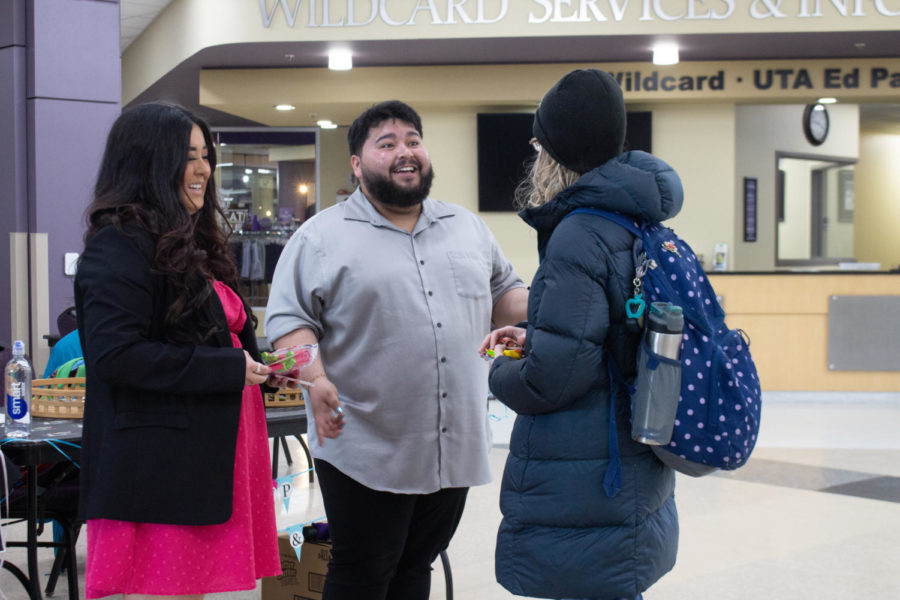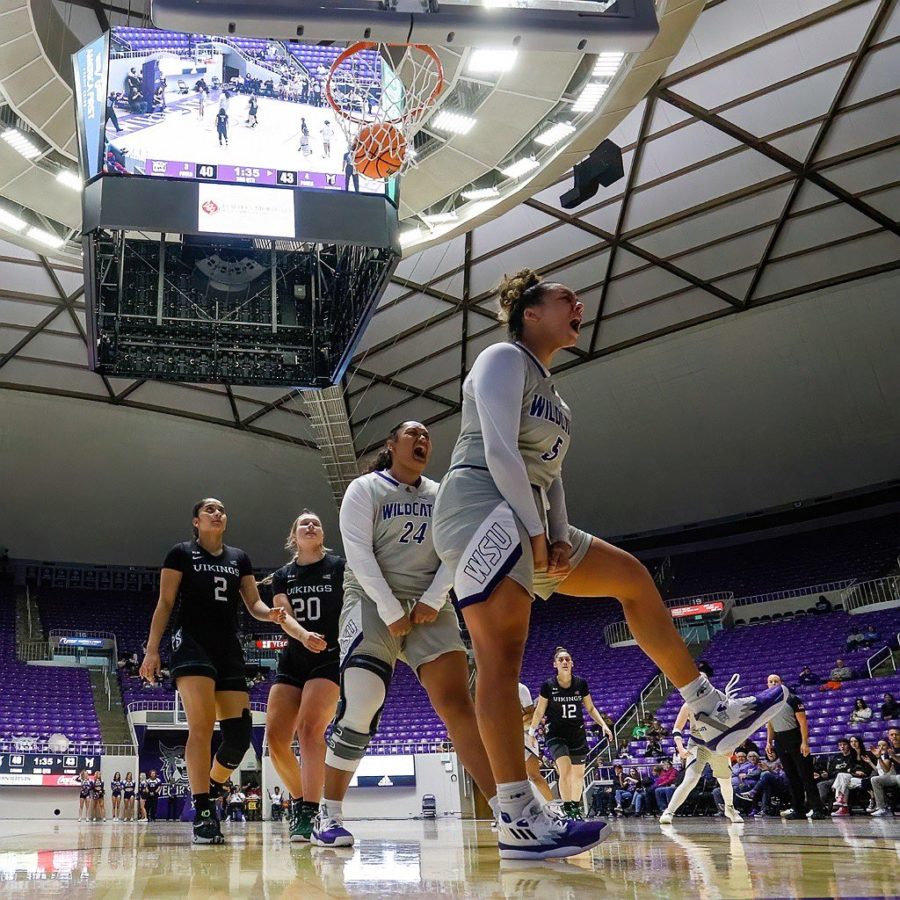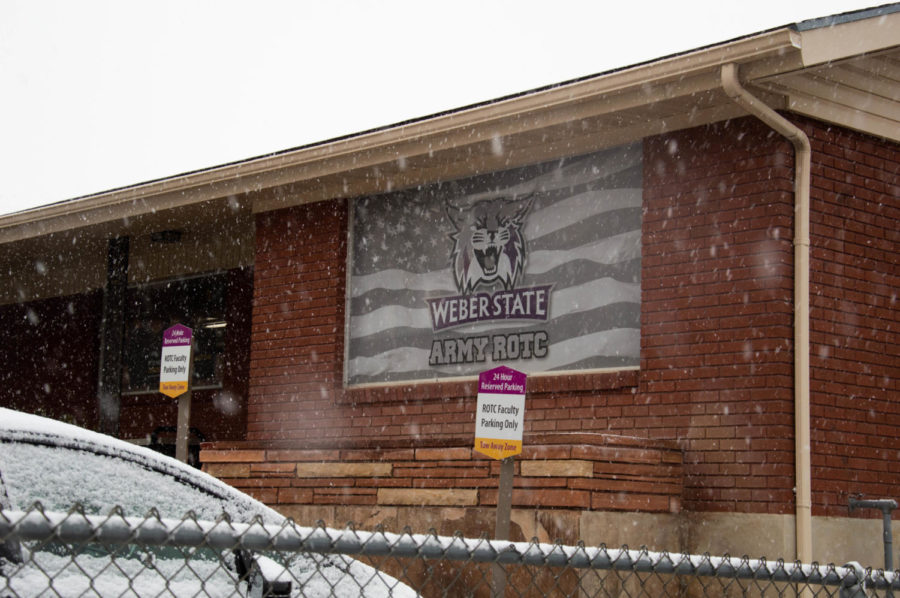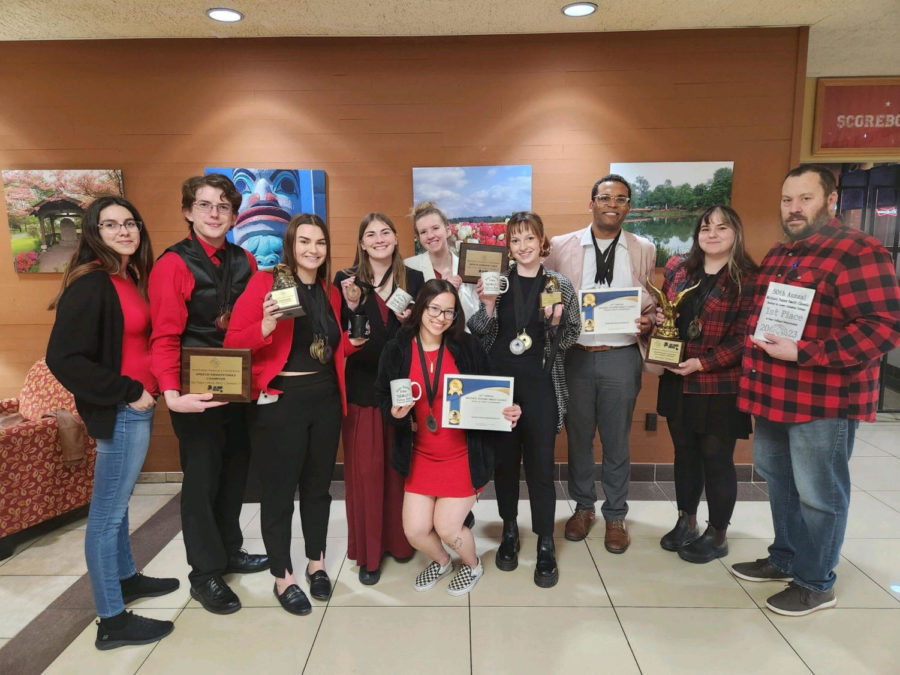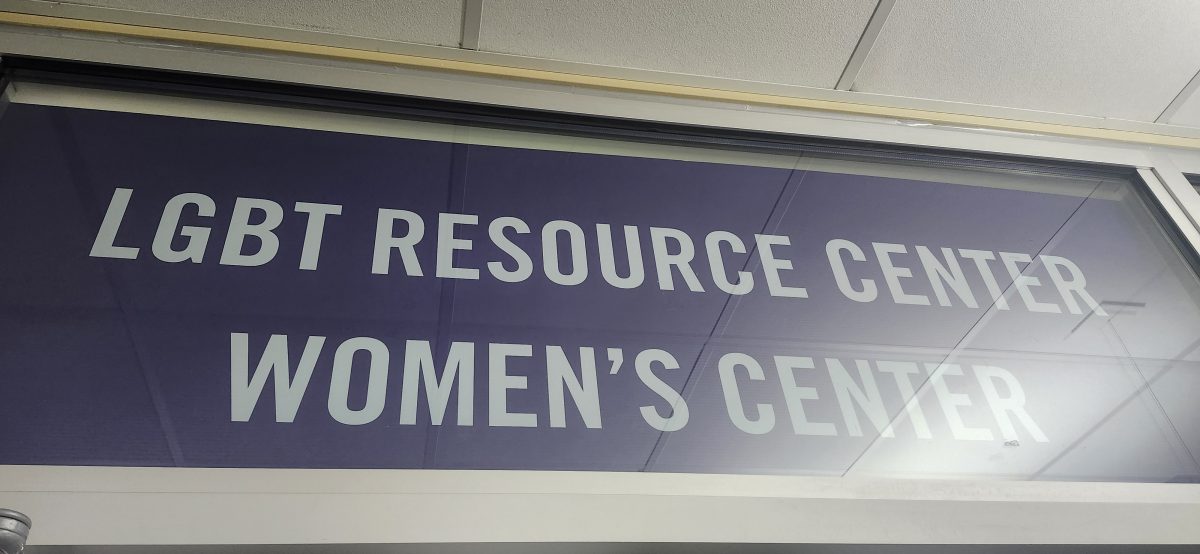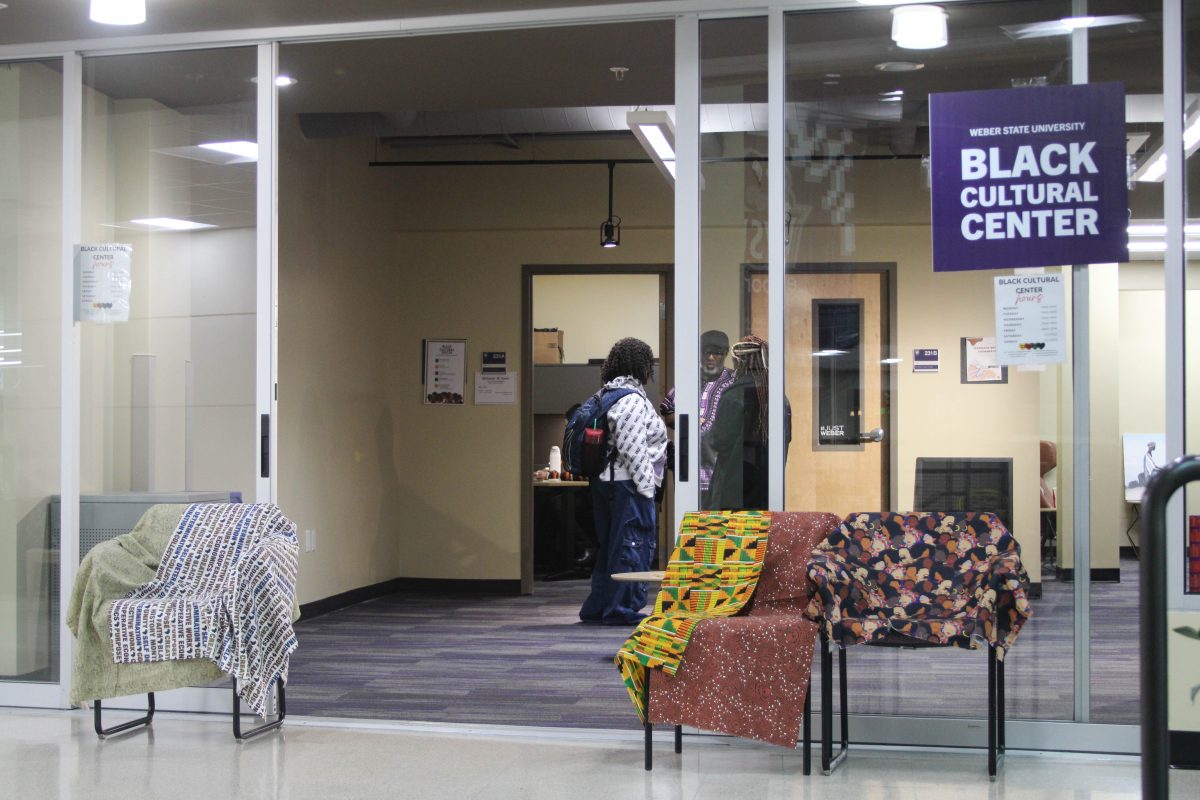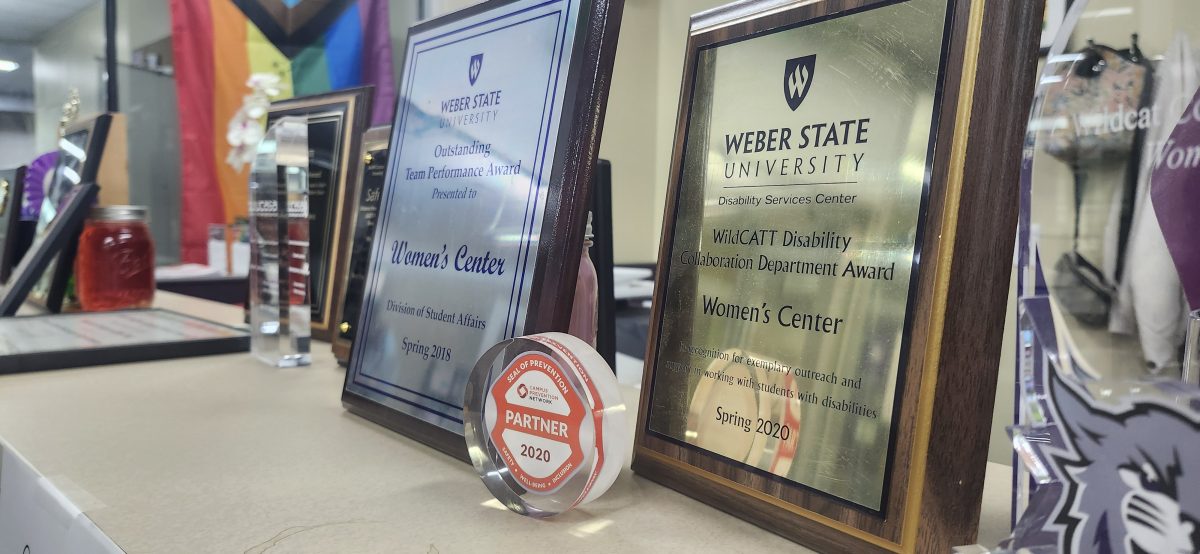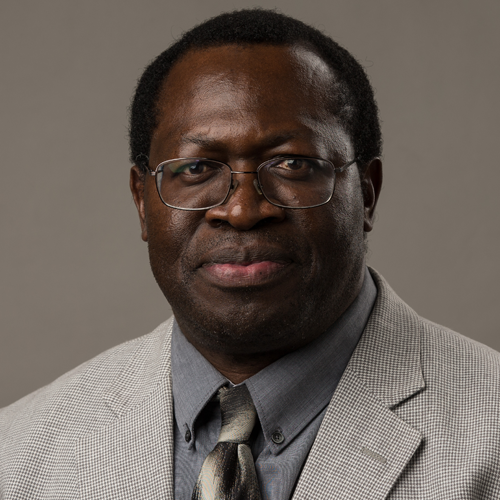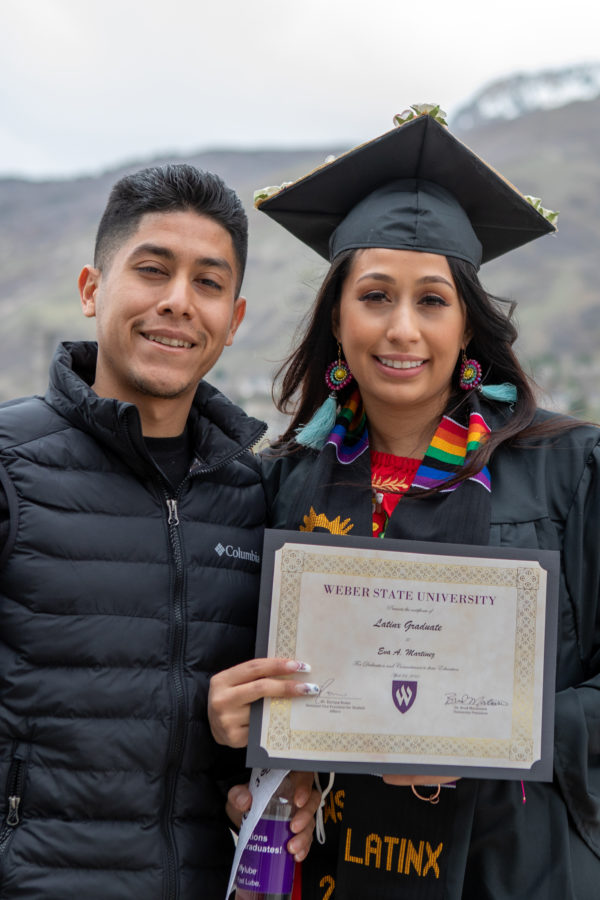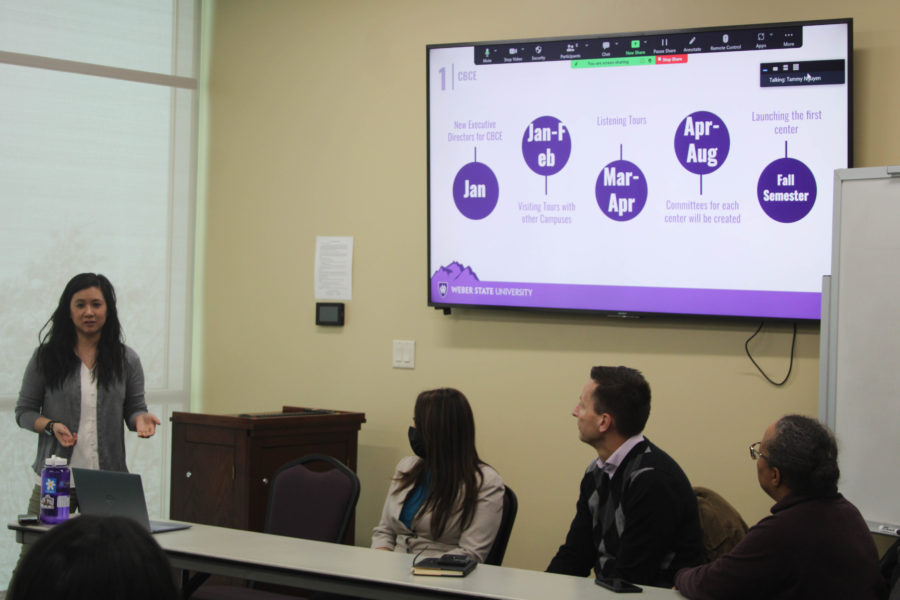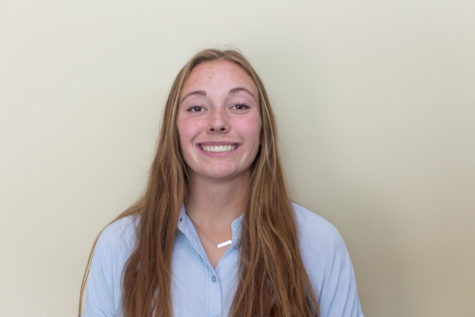Native American Heritage Month, which spans the whole of November, brings with it a new focus to the Native American community, along with an acknowledgement of their resilience and continued involvement in the making of the history of the United States.

This month offers a wider recognition of Native American culture, voices and history that have been often overlooked. It also allows for those who aren’t Native American to gain a better understanding of different tribes’ cultures and to realize that they are still a part of the community.
Tashina Barber, the multicultural retention counselor and Native American Student Association advisor at Weber State University, explained that Native American Heritage month started in 1990 to better amplify Native American voices.
Barber said Native Americans are oftentimes in the background and not thought about, or only thought of in a historical context rather than as existing in present day.
“Even today, there are some individuals that don’t know Native Americans still exist. But we are still here,” Barber said.
The Native American community is represented at Weber State University through the Native American Student Association, NASA.

Janette Jones, a member of NASA and of the Fort McDowell Yavapai and Oklahoma Kickapoo tribes, said there are at least five tribes represented at WSU and more are always welcome to join.
WSU held events to honor Native Heritage Month through the Native Symposium, including a keynote speech from Dr. Kim Tallbear and a screening of UEN film “Chasing Voices.”
While many Native Americans have been living on their lands for years, there are many others who have been forced off.
Many treaties have been created with the sole intent to protect Native American lands and respect their sovereignty over the area. This month is a time for everyone to remember, honor and respect the Native American lands and treaties, as well as the trials they have been through.
“There are over 500 indigenous tribes, each with their own identity, culture and signed treaty to ensure tribal sovereignty. Native American Heritage Month reminds people to respect and honor those treaties,” Jones said.
Charlyrae Lopez, a WSU student and member of NASA, said the month is very educational and an eye opener for many. It educates people about indigenous cultures and the things they have been doing for the community as a whole.

“Most people don’t go look into our culture and be a part of it because they don’t know that they can be,” Lopez said. “We like to open it up to everyone. Not sacred traditions, but little things that we can share.”
Jones said that it’s a time for the communities to come together. They hold powwows to learn about their history; other times, there are moments of silence to give respect to those who have lost their lives to colonialism.
Those who aren’t Native American can learn about the tribes’ cultures, lives, histories and the things they have contributed to the community and the land.
Jones explained that Native Americans need this month to “reserve a space” for them to be heard and for others to learn about their history and their lives.

Because it’s a time of education, it’s a place where Native Americans use their voices even more. Issues that need acknowledging and resolving are brought to attention, allowing conversation about those problems.
Barber explained that the month allows the problems to have a national platform and reach more people, providing a time to push information out about issues and their stories in the Native American communities. This brings more people into the conversation on a national level, rather than just a local or community level.
Lopez explained that during Native American Heritage Month they gain more traction for the movement for Missing Indigenous Women.

Jones said she wishes that there was a space in Ogden that Native American community members could meet and feel safe as well as have Ogden residents connect with tribal members to find better ways to celebrate Native American Heritage Month and make Ogden more inclusive.





